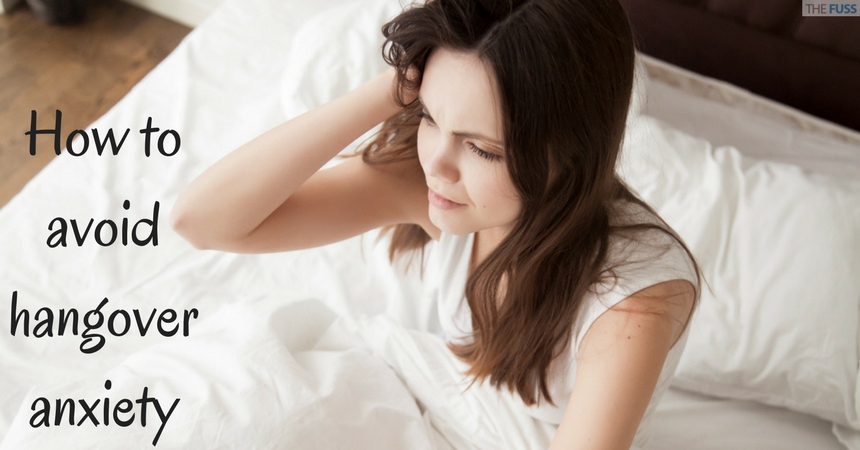When you start mixing drinks, or things get a little bleary, you can pretty much tell you’re going to be suffering from a hangover the next day – but what about hangover anxiety? Are you prone to it and can it be stopped?
Hangover anxiety, as defined by Urban Dictionary, is a feeling of guilt and stress, alongside worry because you've been on a drinking binge the day before.
Table of Contents
Alcohol’s effect on your body
Drinkaware.co.uk tells us that alcohol affects brain chemistry – by lowering the levels of serotonin, which is a neurotransmitter – a message sender if you like, responsible for a range of functions including mood, sleep, and memory. Low levels of serotonin mean that you sleep poorly, have mood swings and trouble remembering things. If you already suffer from anxiety this is not going to help.
Hangover anxiety - what it feels like
Hangover anxiety occurs after you’ve been drinking alcohol, and those who are plagued with anxiety are at an increased risk of panic because of the way that alcohol impacts our blood sugar levels.
Laura Whitehurst from Anxiety UK, explains that when we drink alcohol we tend to lose our inhibitions, and he self-critical part of our brain isn't speaking to us as much. When the alcohol begins to leave our system, the stress hormone cortisol will begin to reactivate, this helps to remove the toxins from the body. This results in an increase of adrenaline in the body, which is going to result in anxious feelings.
The signs of hangover anxiety
Mood swings
When we drink alcohol it affects the hormone serotonin which is linked to our mood. It lowers the level of the feel-good chemical, so when we drink we have a low supply which can lead to a feeling of depression or anxiety.
Blood sugar levels drop
When you drink alcohol there an increase in insulin secretion, which leads to low blood sugar. When oru blood sugar drops it can lead to us feeling confused, dizzy, weak, nervous, numb and shaky too. All of these symptoms could possibly lead to a trigger of anxiety.
You’ll be dehydrated
Excess alcohol consumption can lead to dehydration because alcohol decreases the body’s production of the anti-diuretic hormone, which is used by the body to reabsorb water. When you're dehydrated you're likely to feel nauseous, dizzy, fatigued, light-headed and a weakness to your muscles.
While these won’t lead to anxiety, they can add to a sense of illness which is likely to encourage anxiety.
Your Nervous System is on alert
To fight the sedative-like effects that alcohol can have, your nervous system will become more hyper in a bid to counteract it. The hyperactivity can lead to you feeling shaky, being sensitive to light and sound, and sleep deprivation too.
An increase in your heart rate
When you consume excess alcohol, your heart rate can increase, which means you're left feeling anxious.
How to avoid hangover anxiety
The answer is quite simple really, it all comes down to drinking less. You need to ensure that you keep hydrated to prevent the physical symptoms that go with hangovers, and are likely to lead to hangover anxiety.
Try drinking water every other drink, or make sure you’re consistently sipping water through the evening, have a glass before you go to bed and make sure there's plenty on the side table for when you wake in the morning and through the night too.
Who suffers from hangover anxiety?
People who are already predisposed to anxiety and have experienced anxiety before are more likely to experience hangover anxiety.
As well as that, people that are already living with depression and or anxiety are more likely to suffer from hangover anxiety because they are further depleting the level of serotonin.